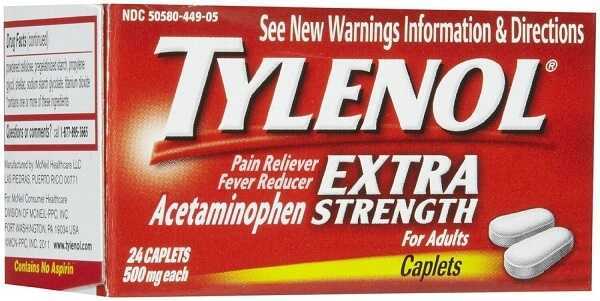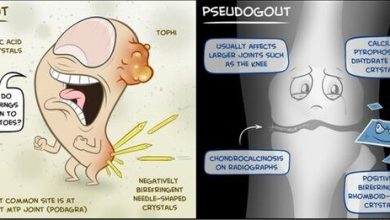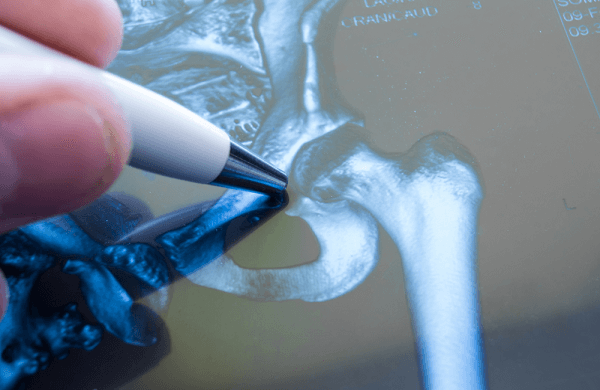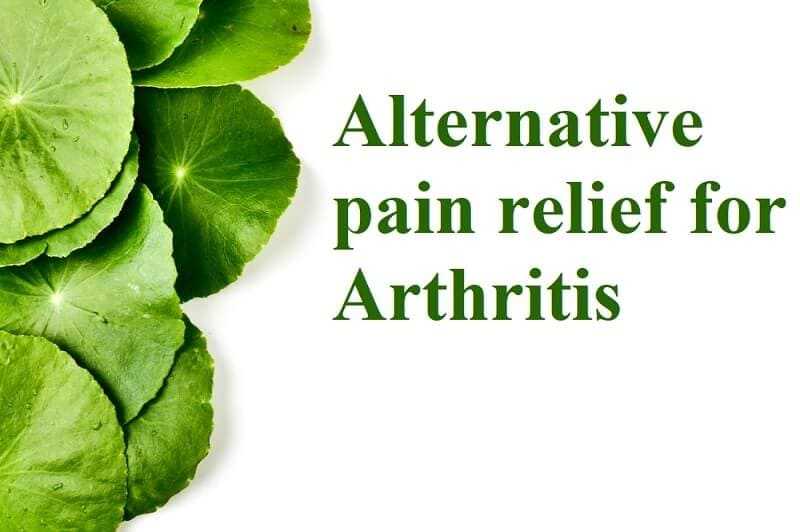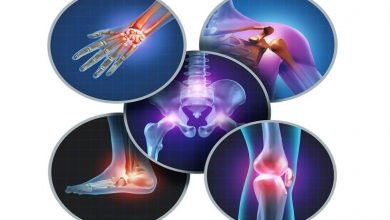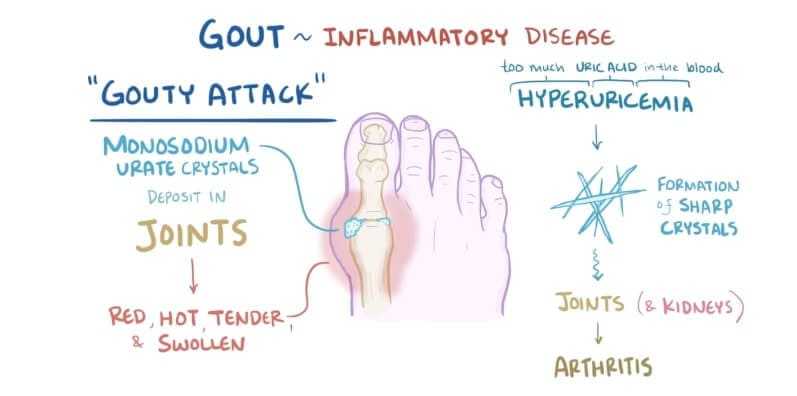
Medicines for gout treatment include:
The list below presents some of the common medications prescribed for people suffering from gout arthritis. The list is never complete and will be updated from time to time as new medications are introduced in the market. Newer medicines are have lesses side effects and are more effective compared to first generation anti-arthritis drugs.
Acetaminophen ( Tylenol ) and other analgesics or painkillers.
NSAIDs ( nonsteroidal anti-inflammatory drugs ), indomethacin ( Indocin ) – To reduce inflammation.
Colchicine – For the prevention and relief of gout attacks.
Corticosteroids – Anti-inflammatory
Probenecid (Benemid, Probalan) – used to decrease the uric acid blood levels by increasing the rate of uric acid excretion.
ColBenemid (Col-Probenecid and Proben-C) – Contains Probenecid which is a uricosuric agent and Colchicine that has anti-gout properties.
Allopurinol (Zyloprim) – Prevents uric acid production. Allopurinol also blocks the conversion of purine which can be found in foods into uric acid.
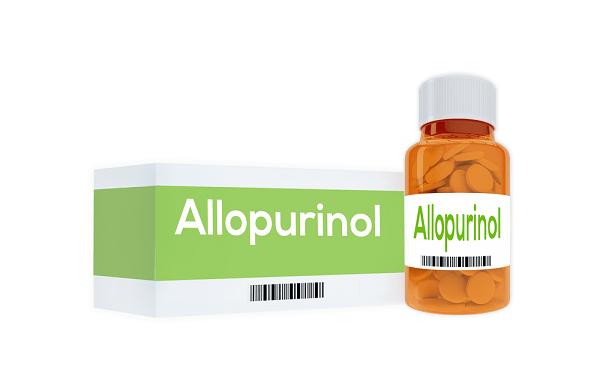
Losartan (Cozaar and Hyzaar) – It is an angiotensin II receptor antagonist. It also functions as an antihypertensive drug which may help control the uric acid levels.
Fenofibrate (Tricor) – Is a lipid-lowering drug that can also help reduce uric acid levels.
Gout Diet: Foods that you should avoid:
Foods with very purines levels include:
hearts, herring, mussels, yeast, smelt, sardines, sweetbreads
Foods with moderately high purines levels include:
anchovies, grouse, mutton, veal, bacon, liver, salmon, turkey, kidneys, partridge, trout, goose, haddock, pheasant, scallops
Not all foods which are rich in purines were directly related with an increased risk of gout. There was no increased gout risk with the following foods:
peas, beans, mushrooms, cauliflower, spinach
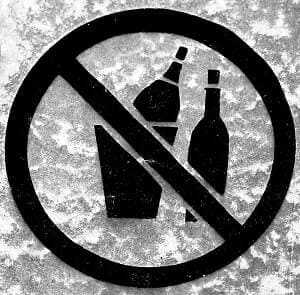
Avoid alcohol because it is known to increase uric acid levels.

